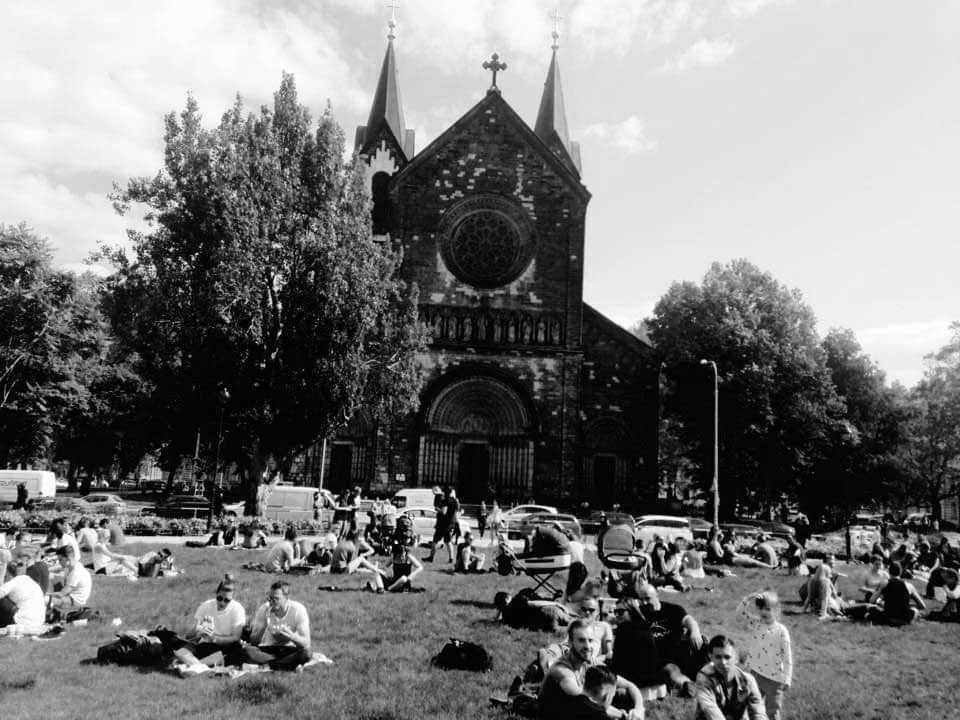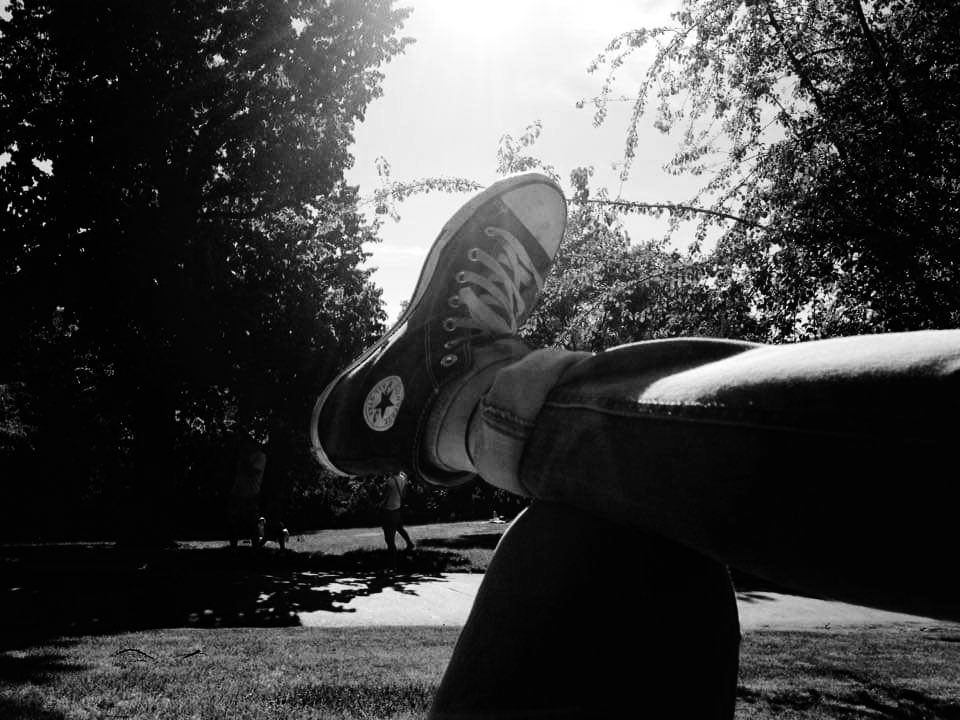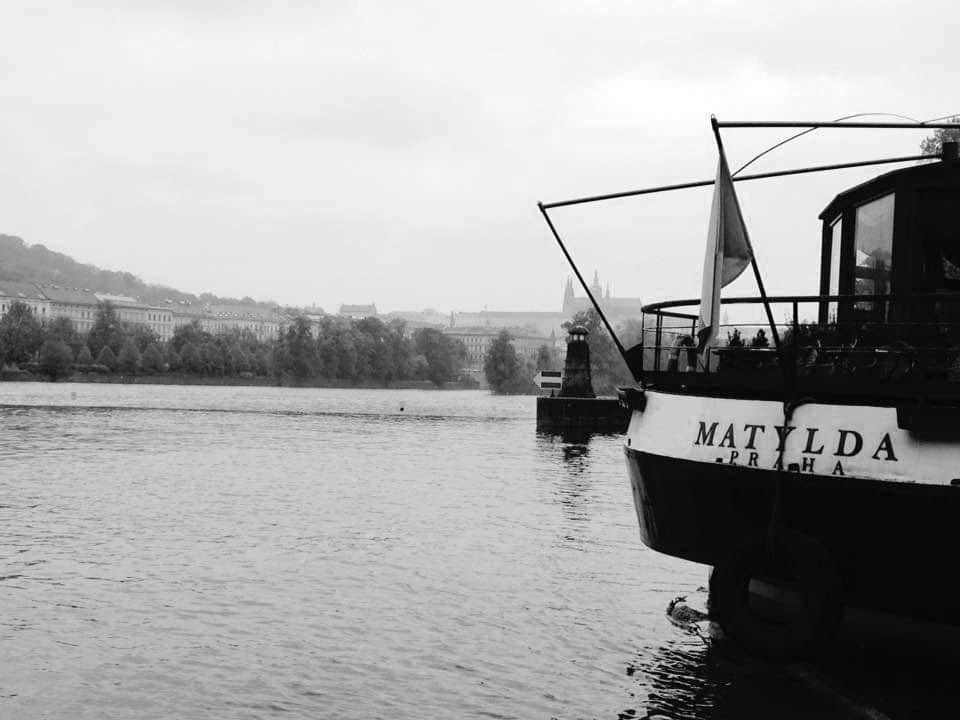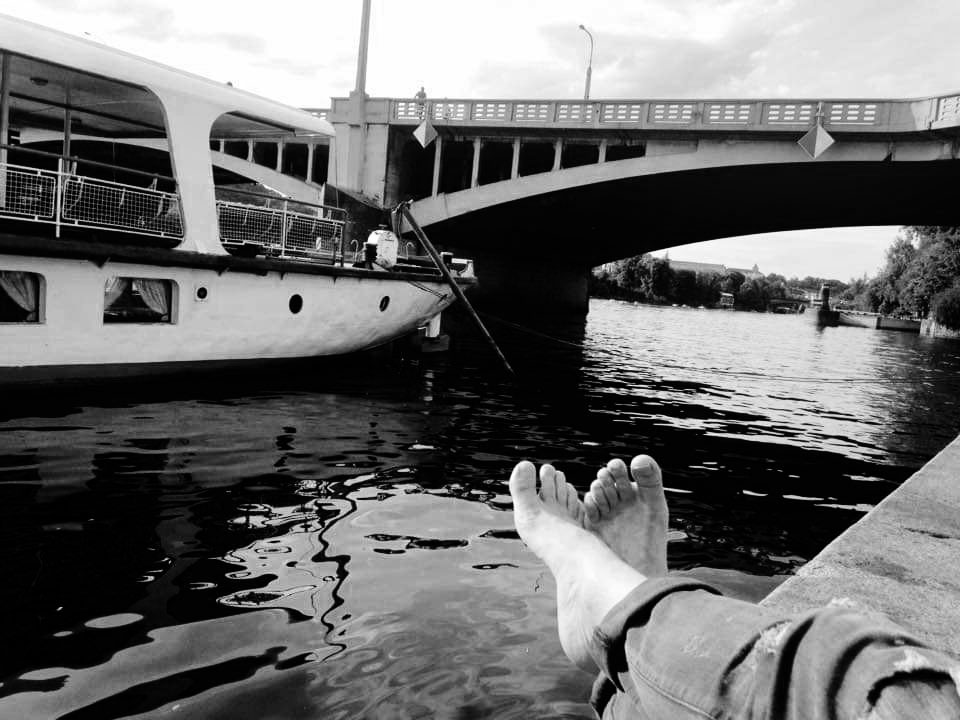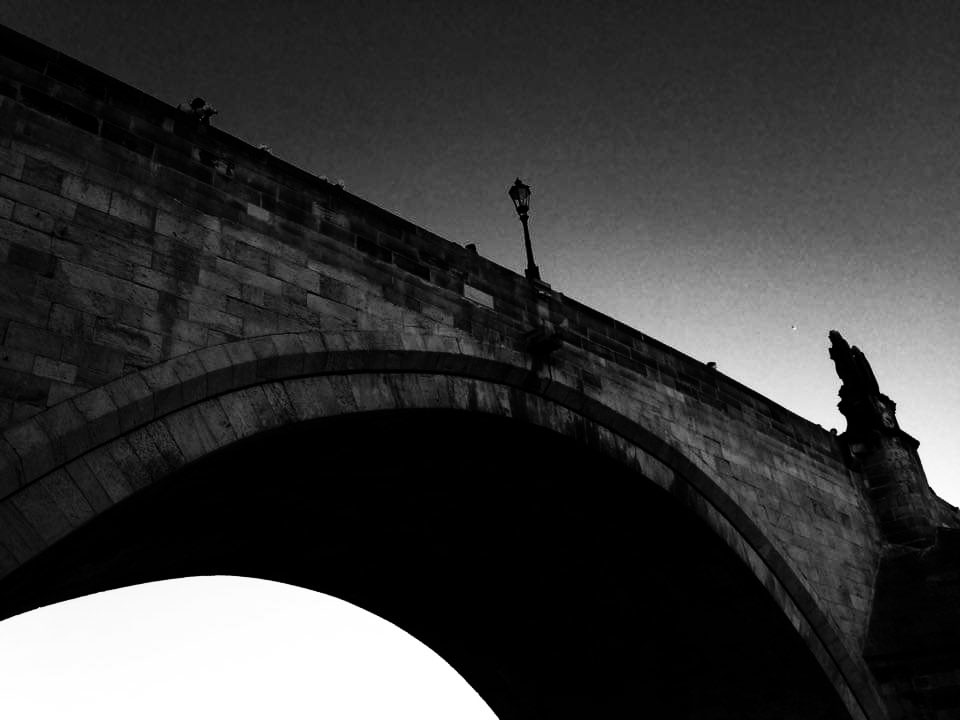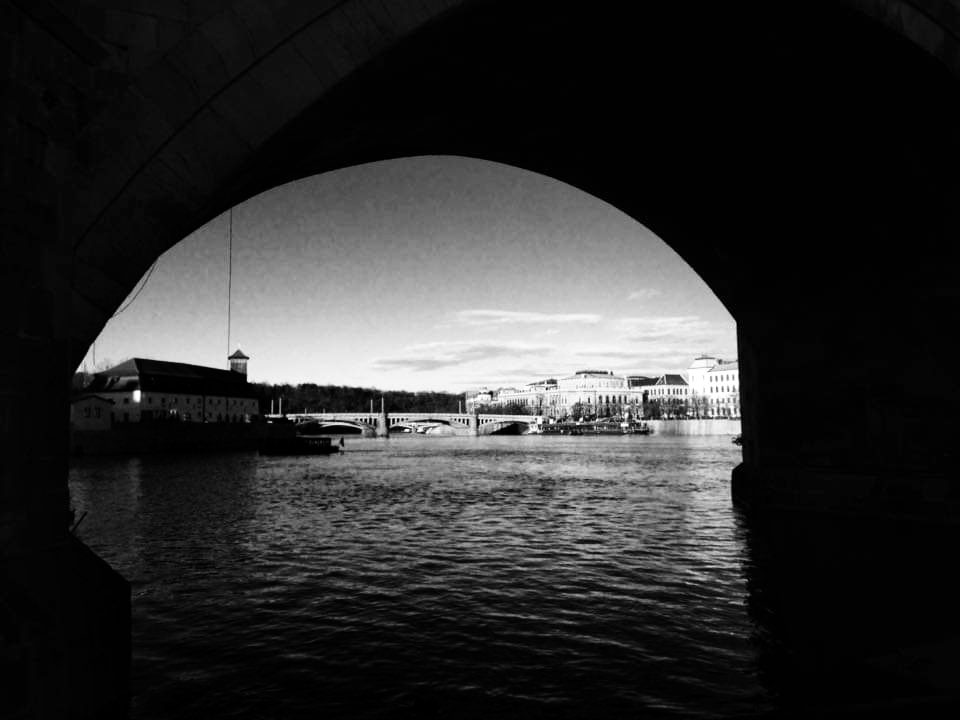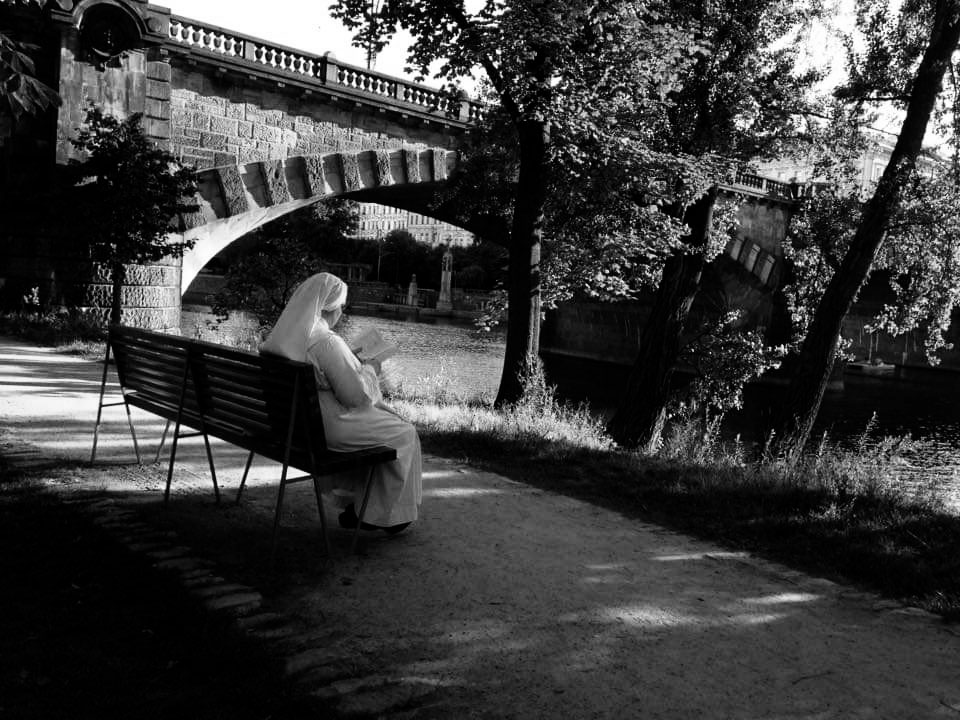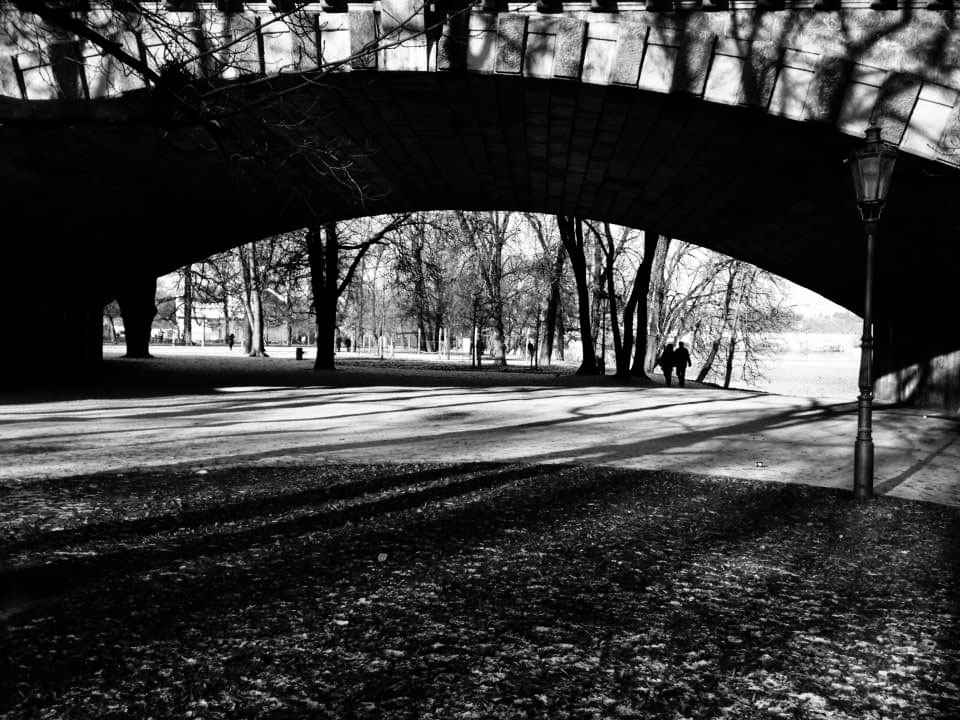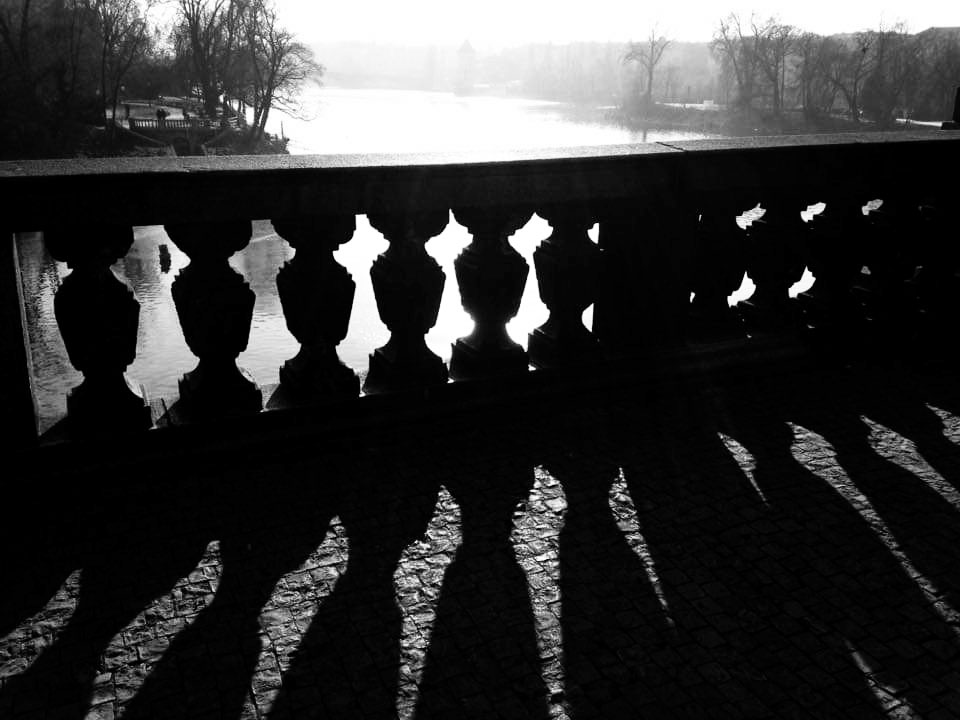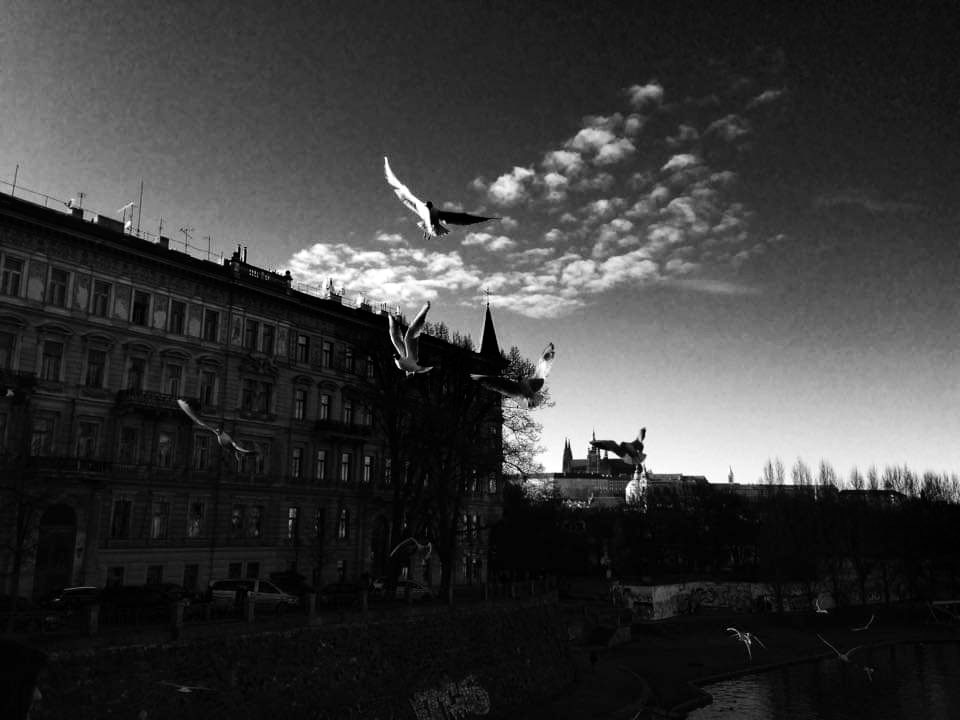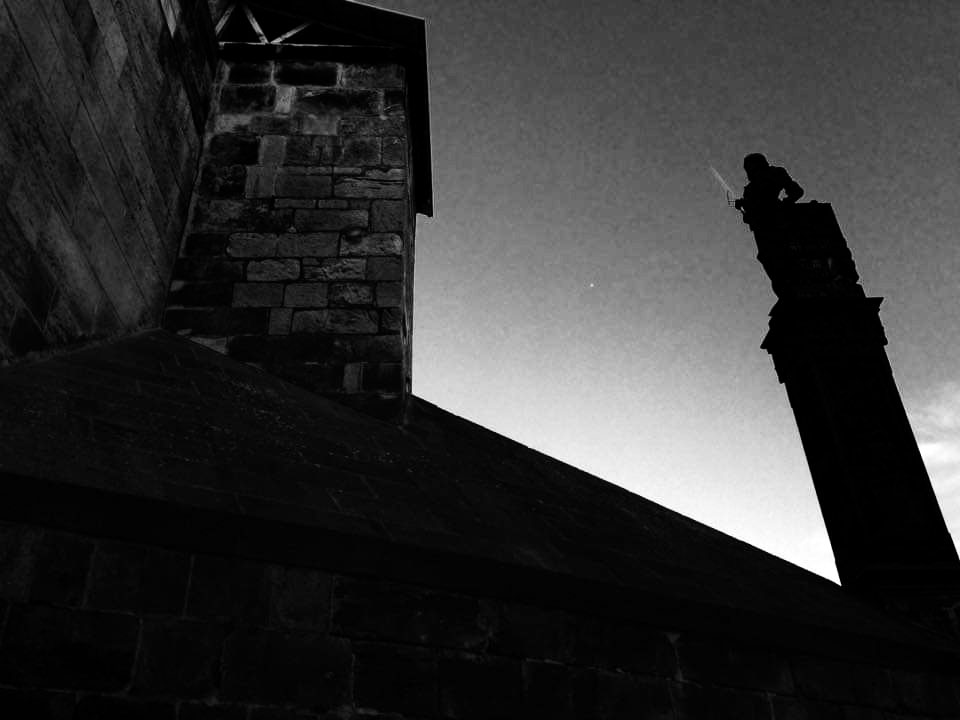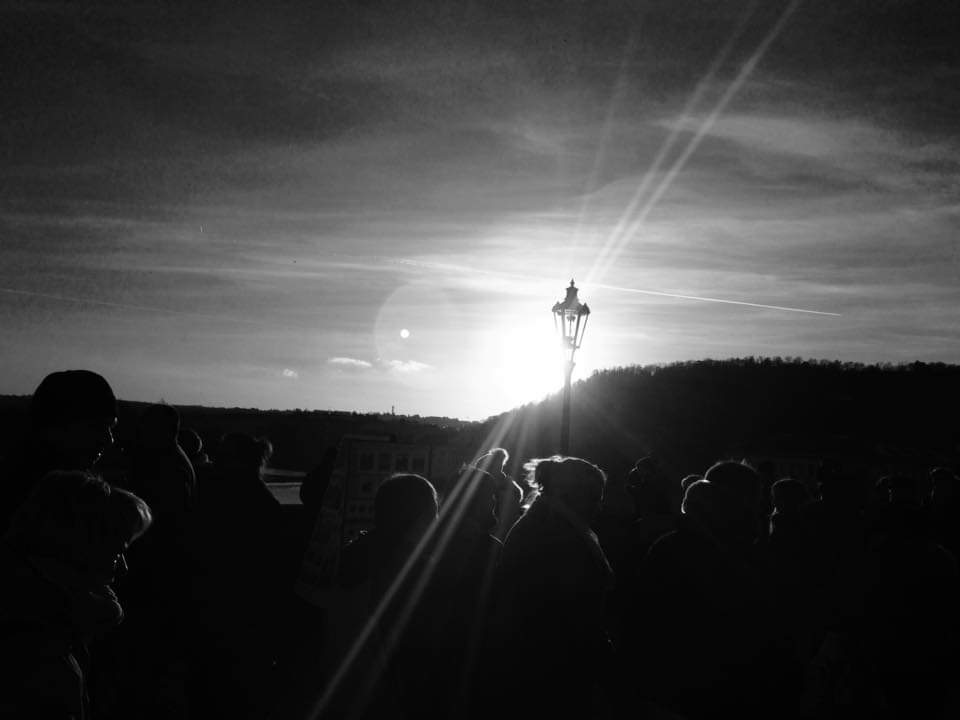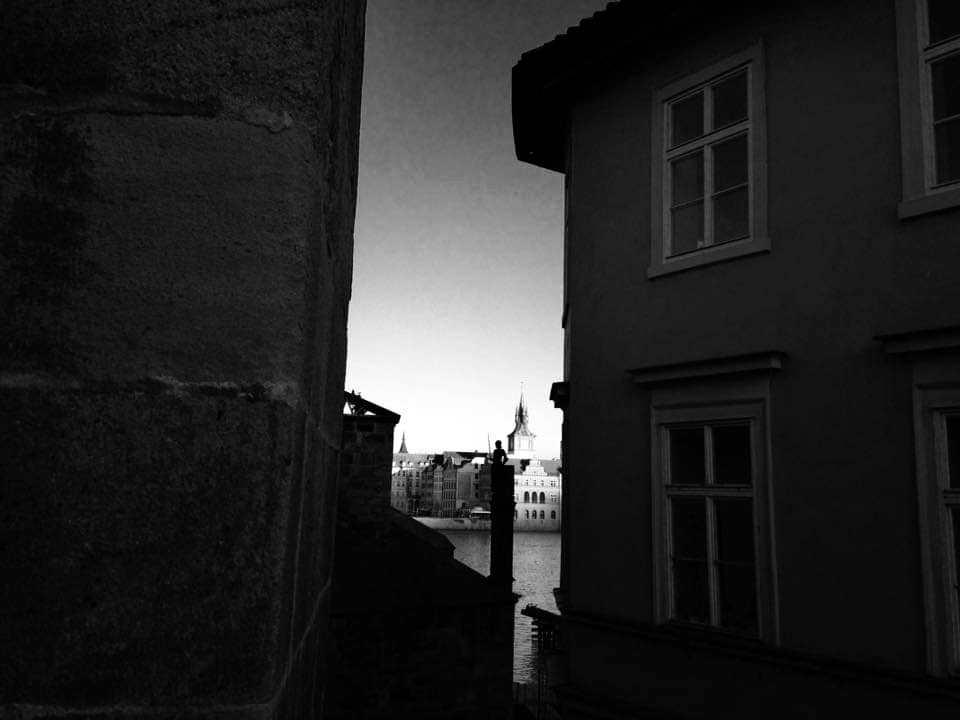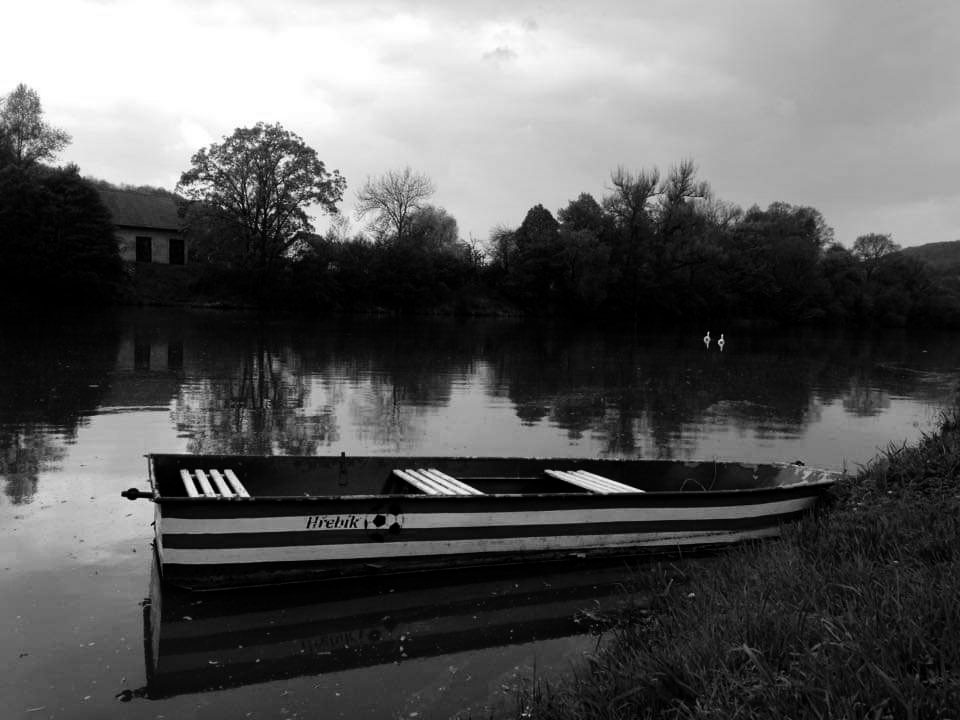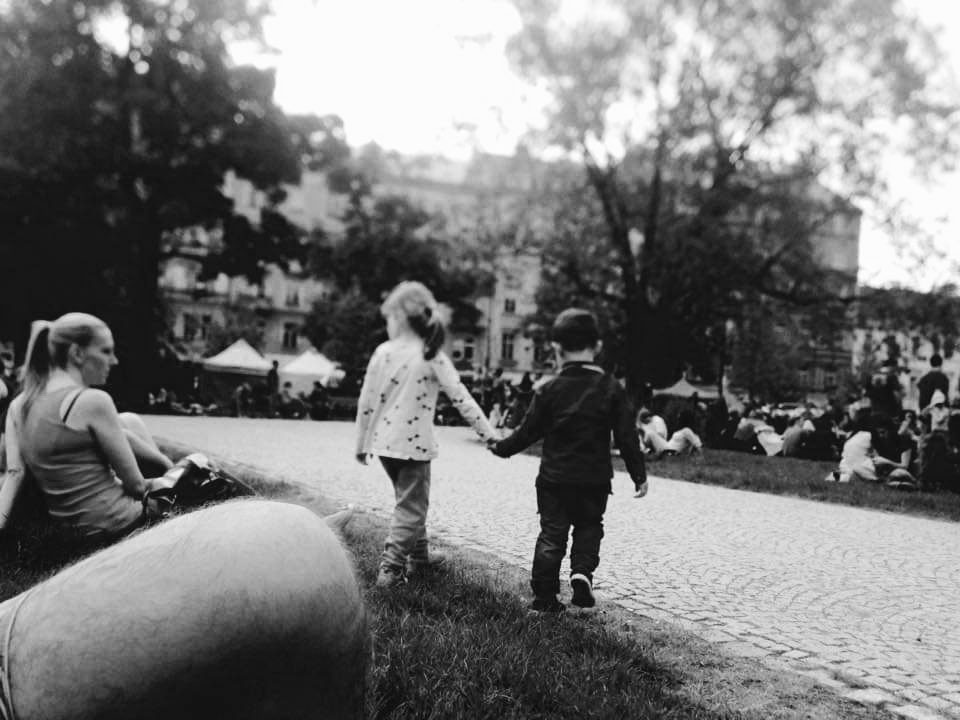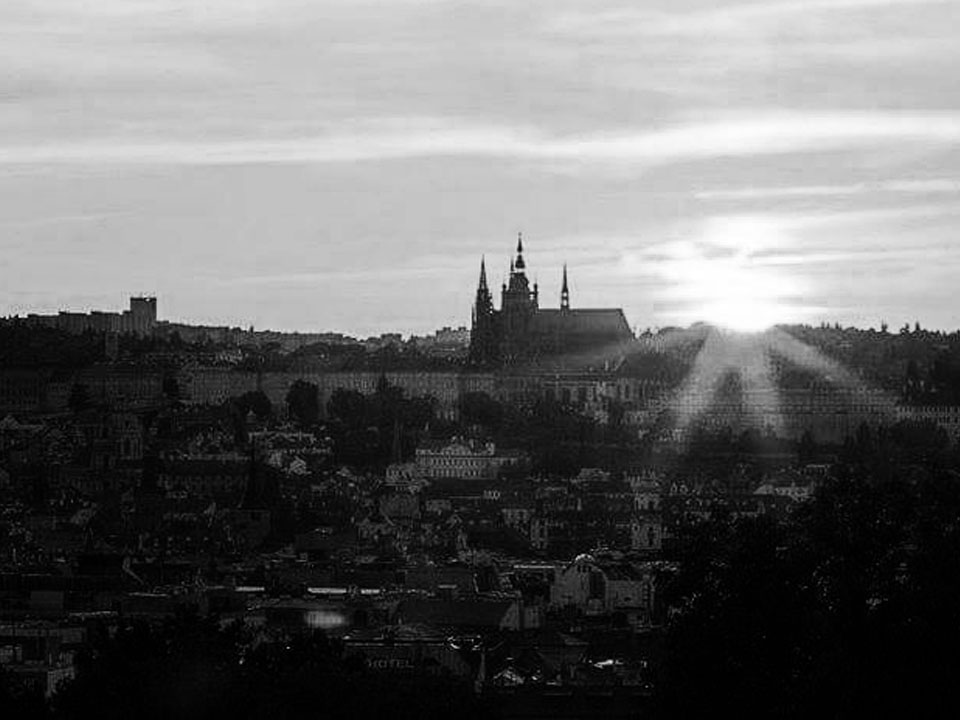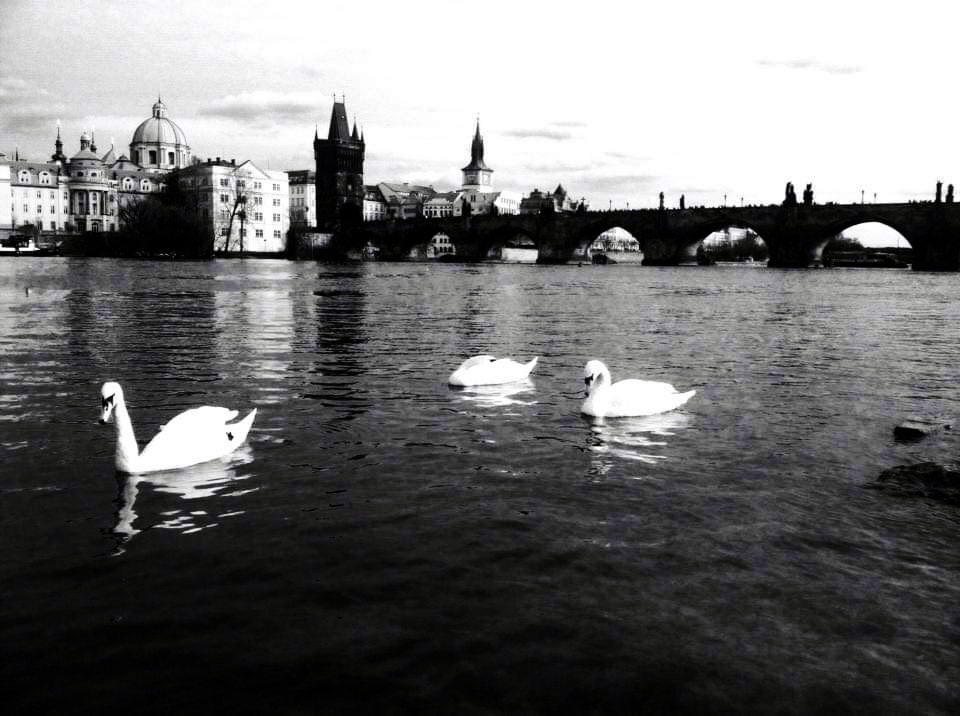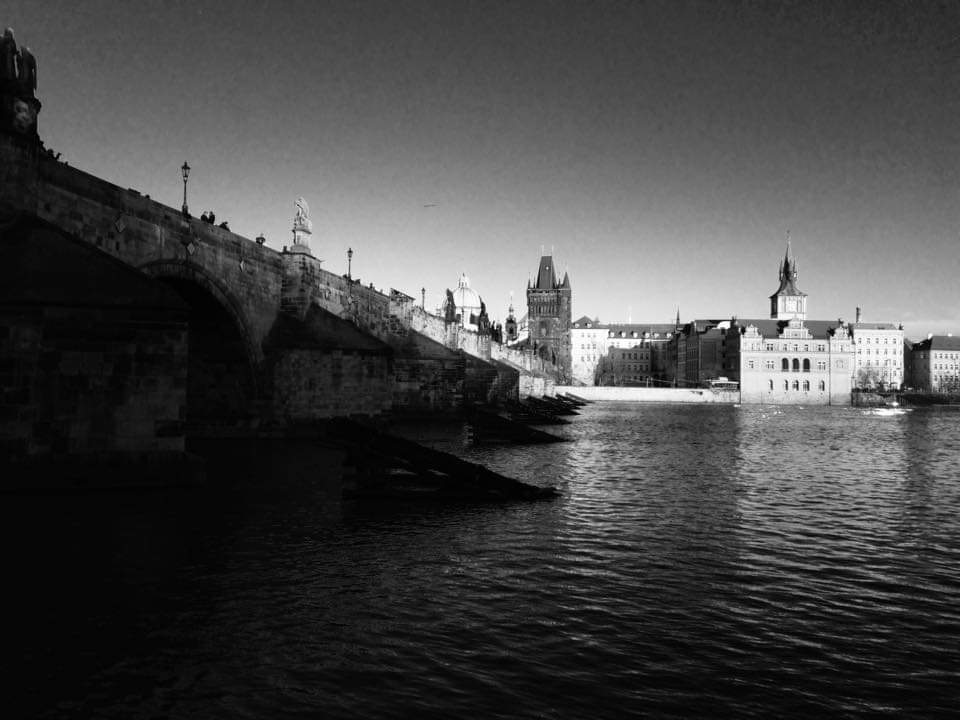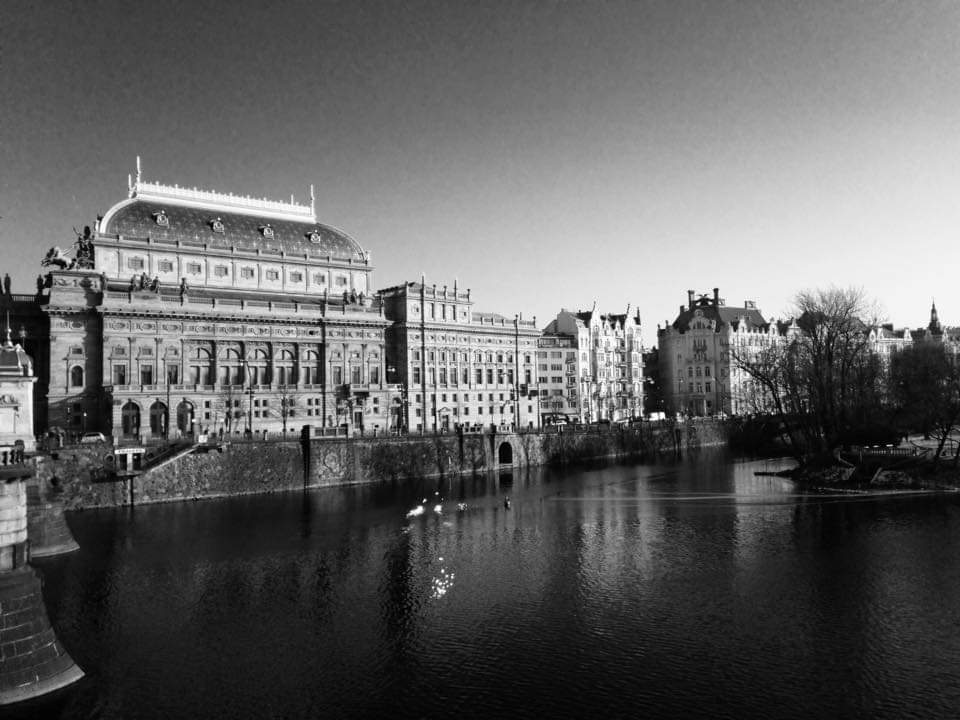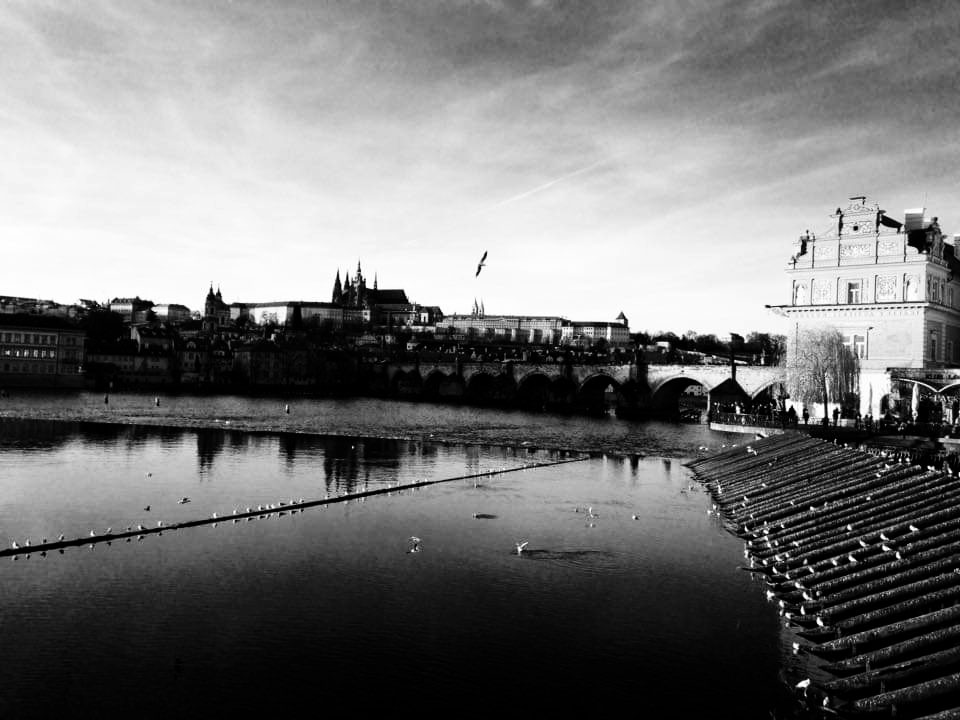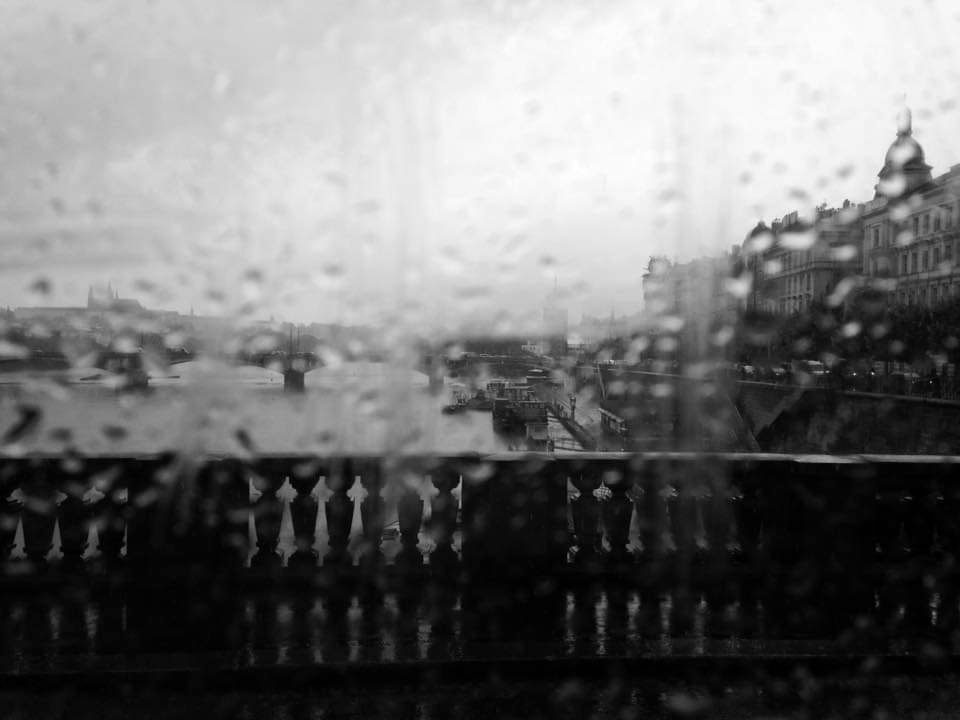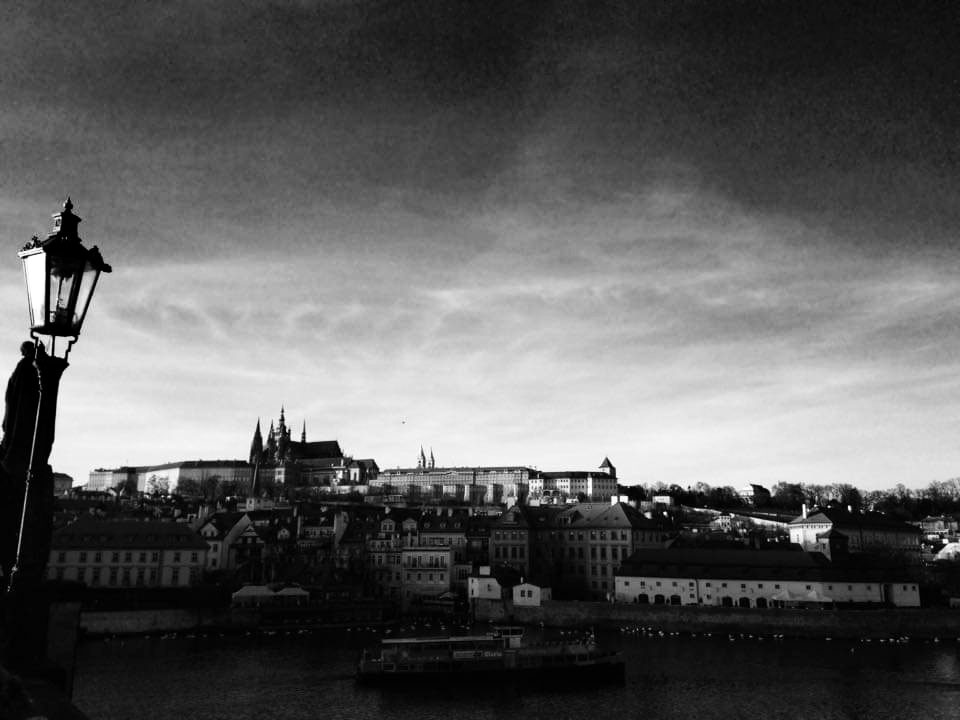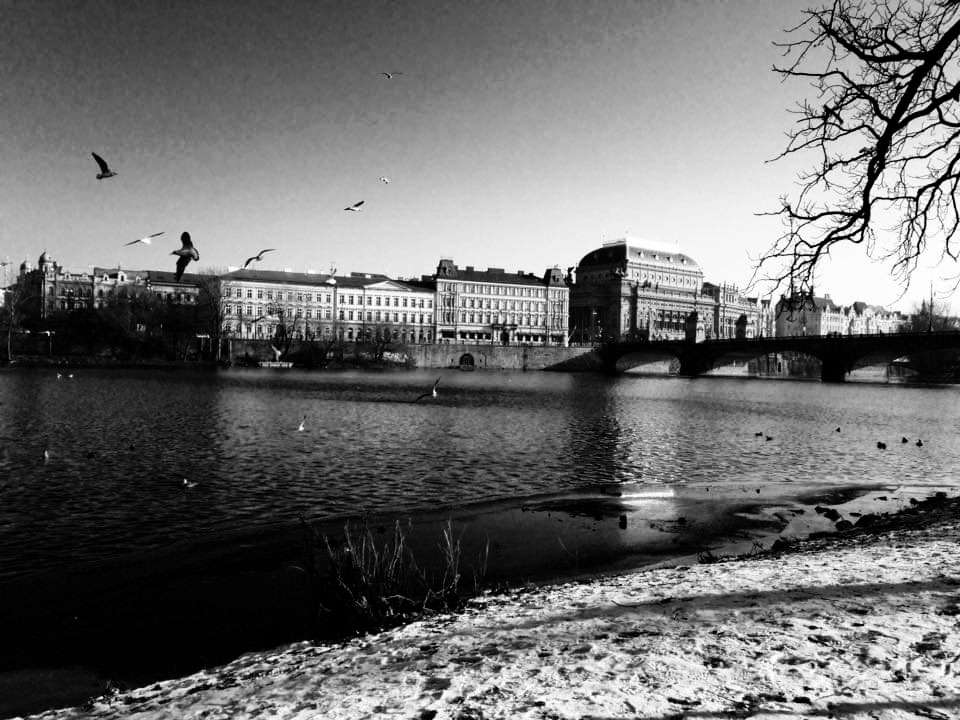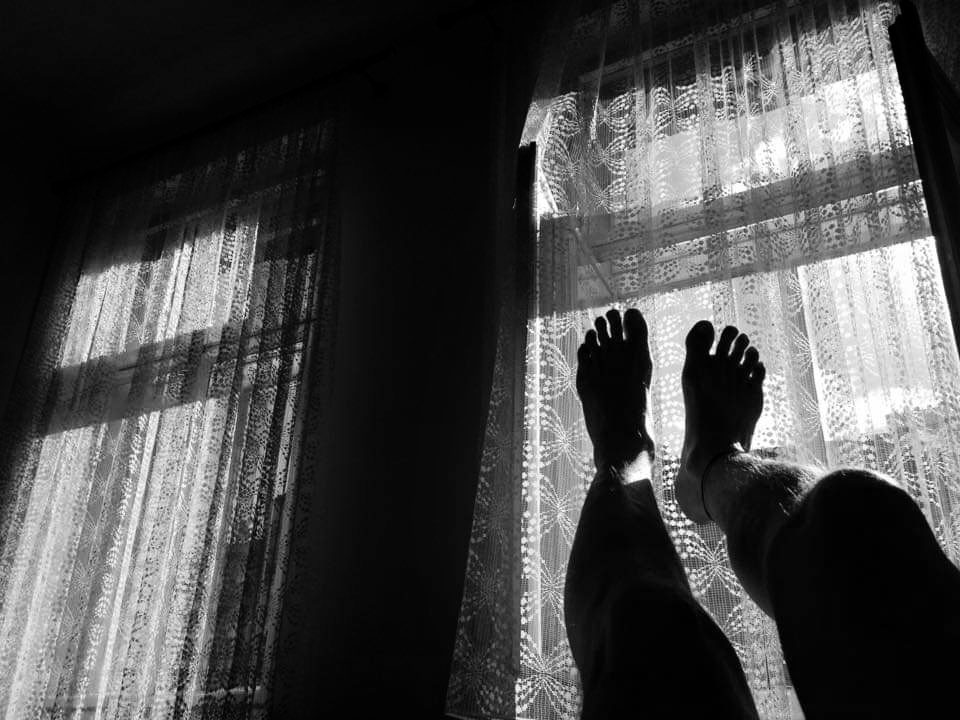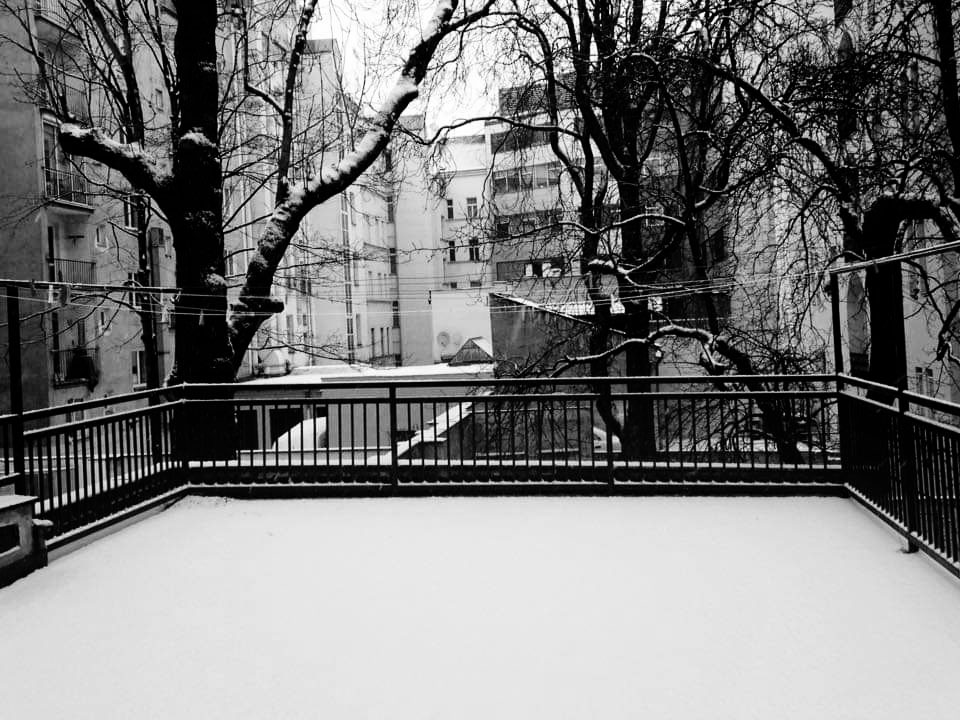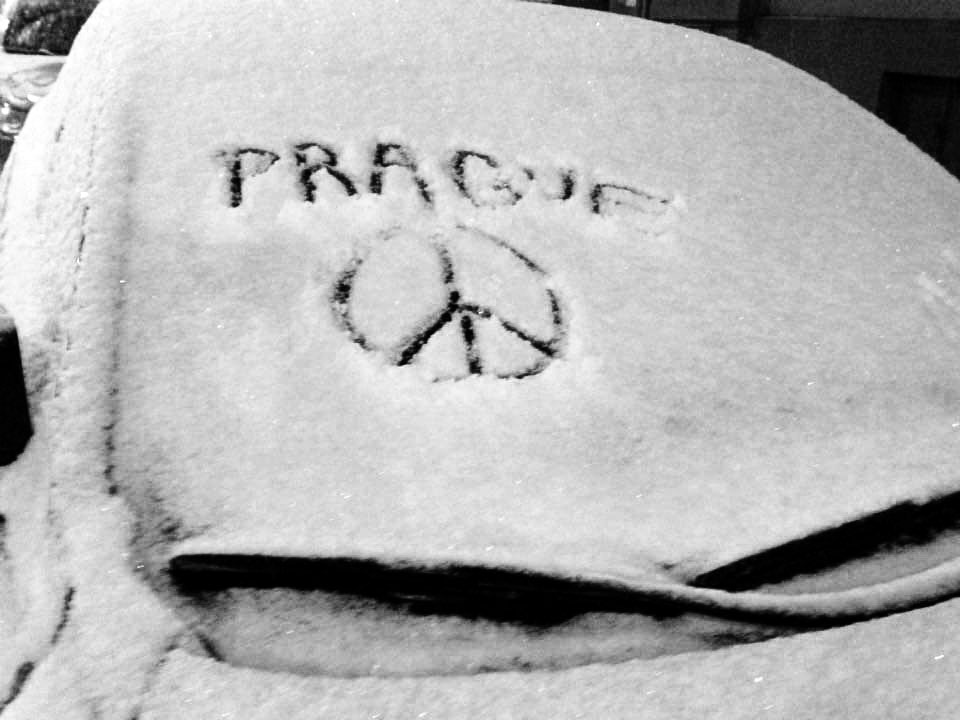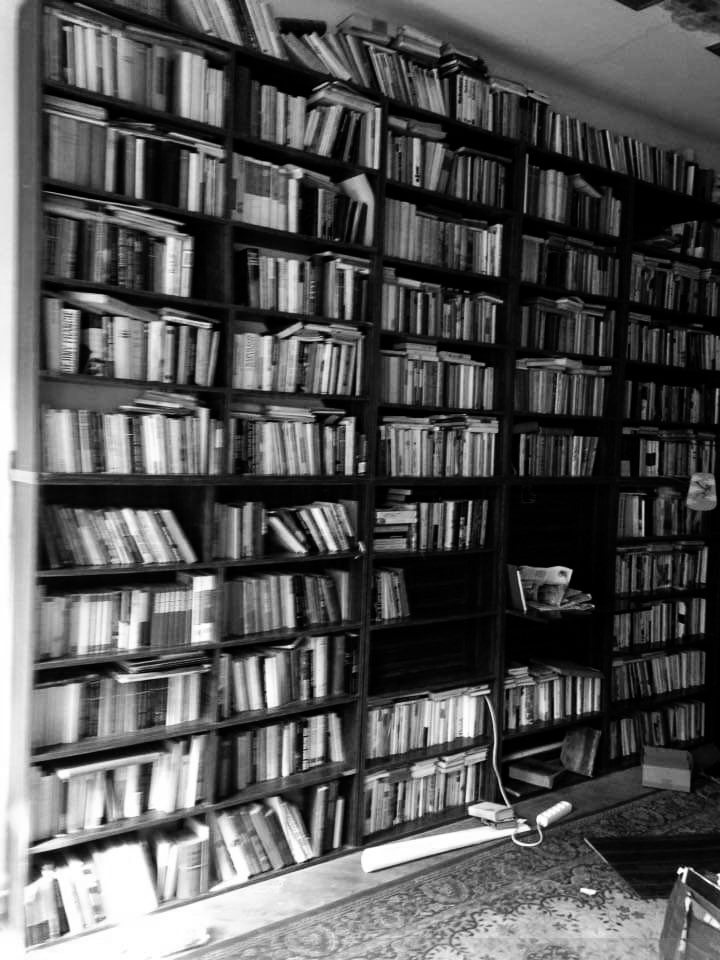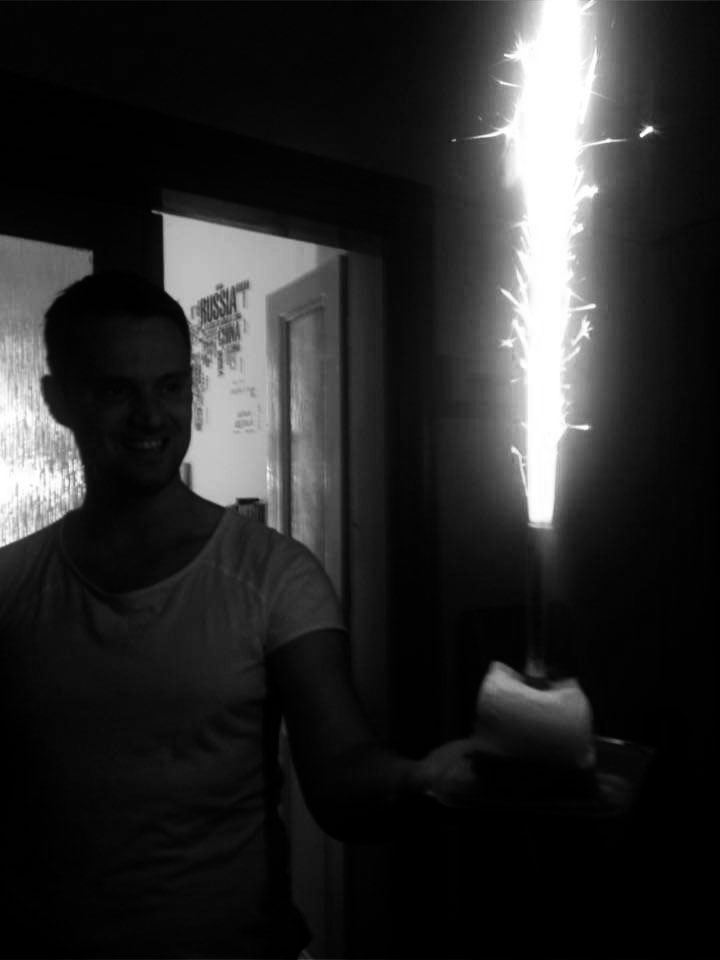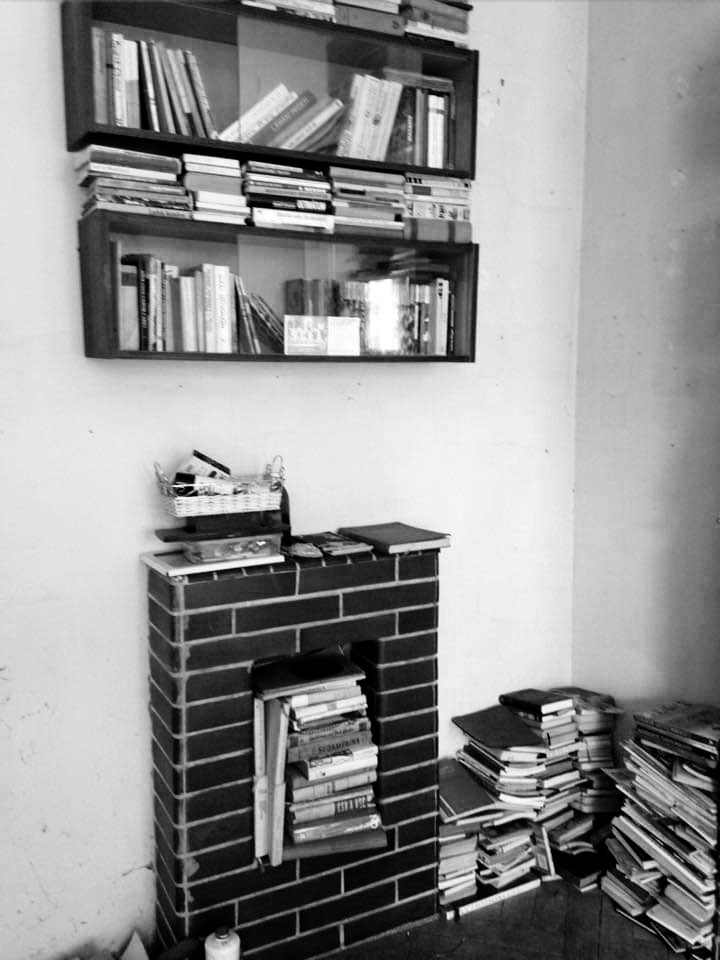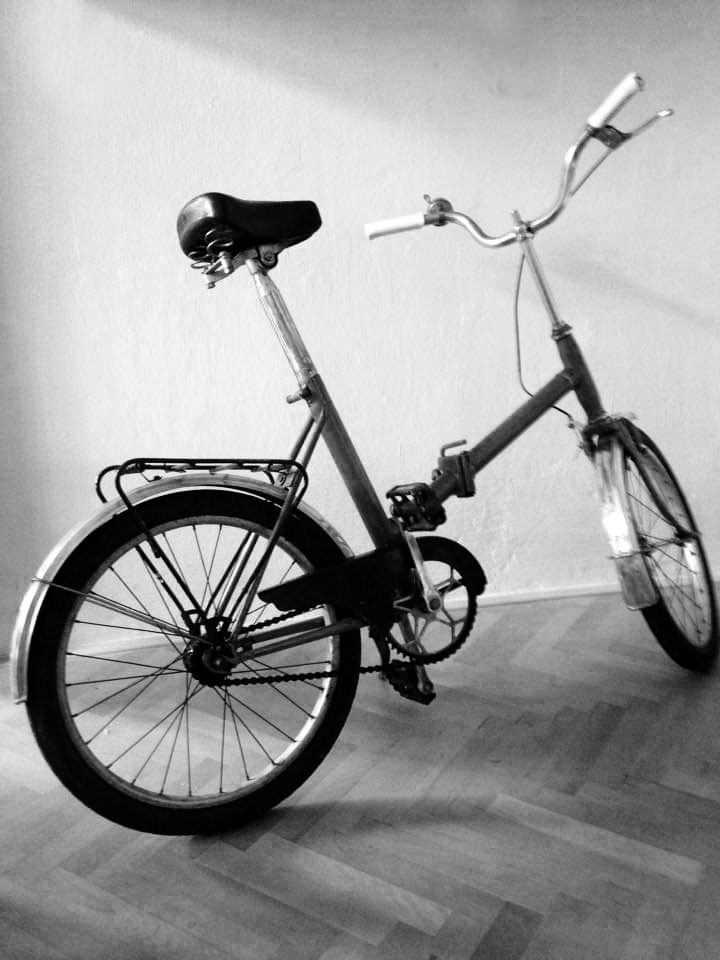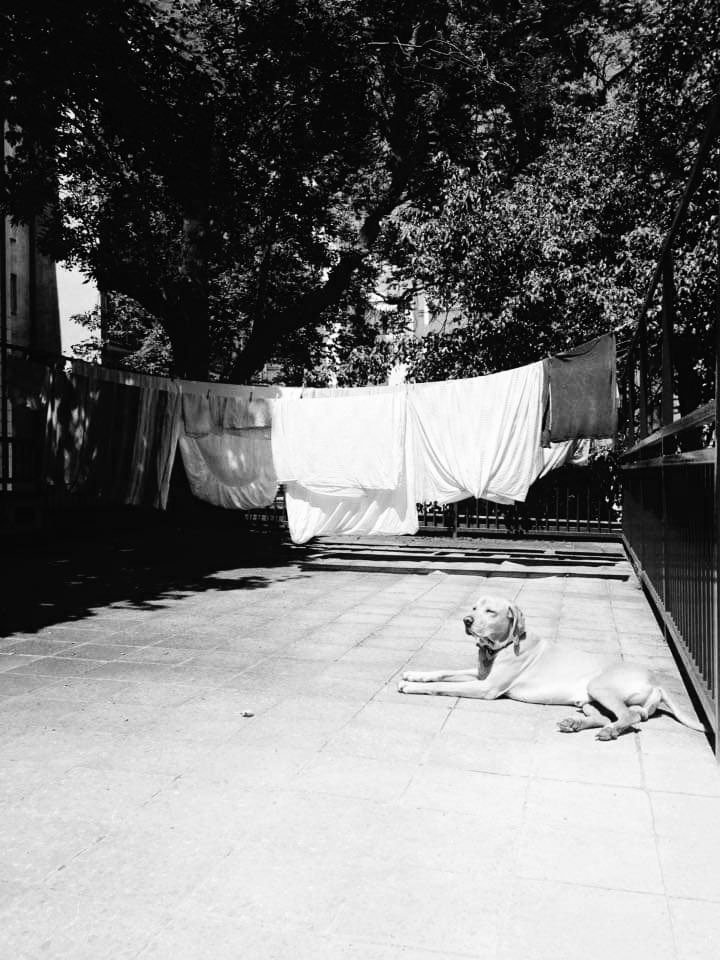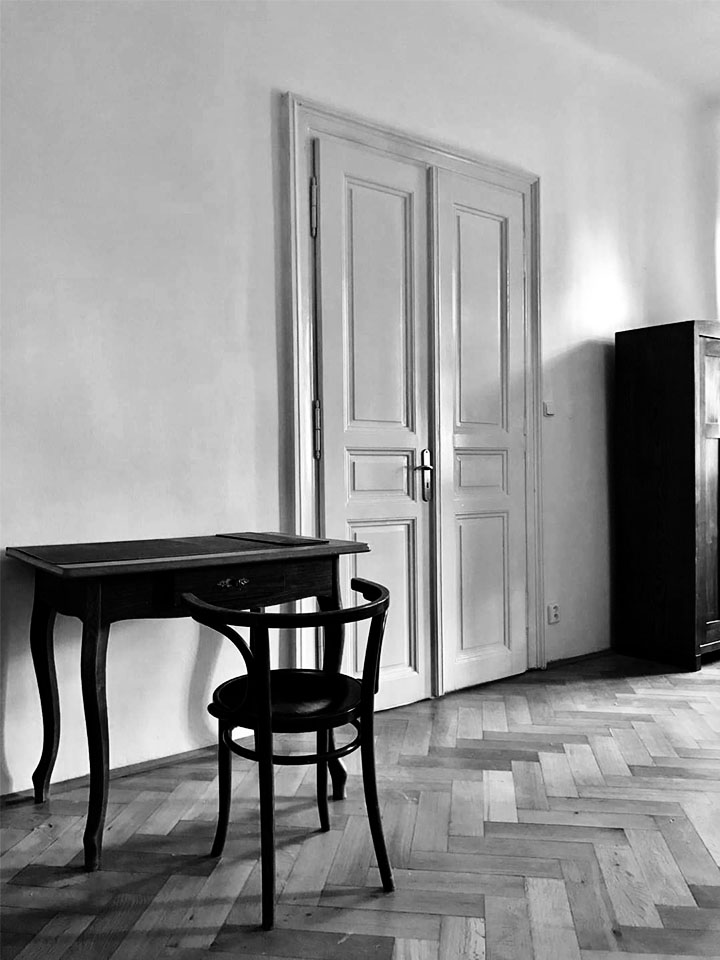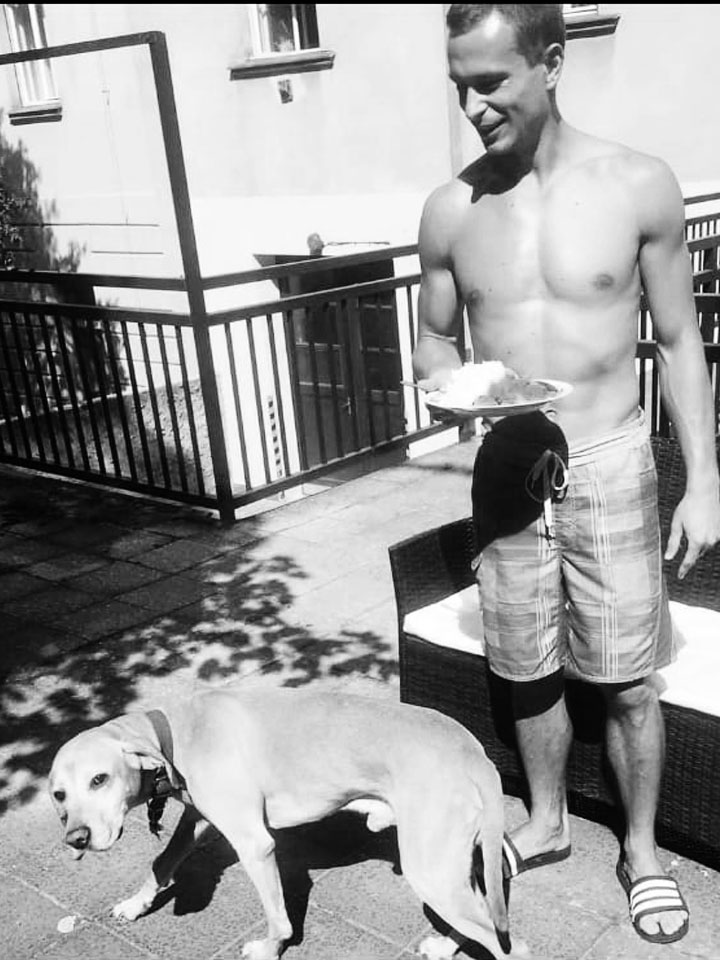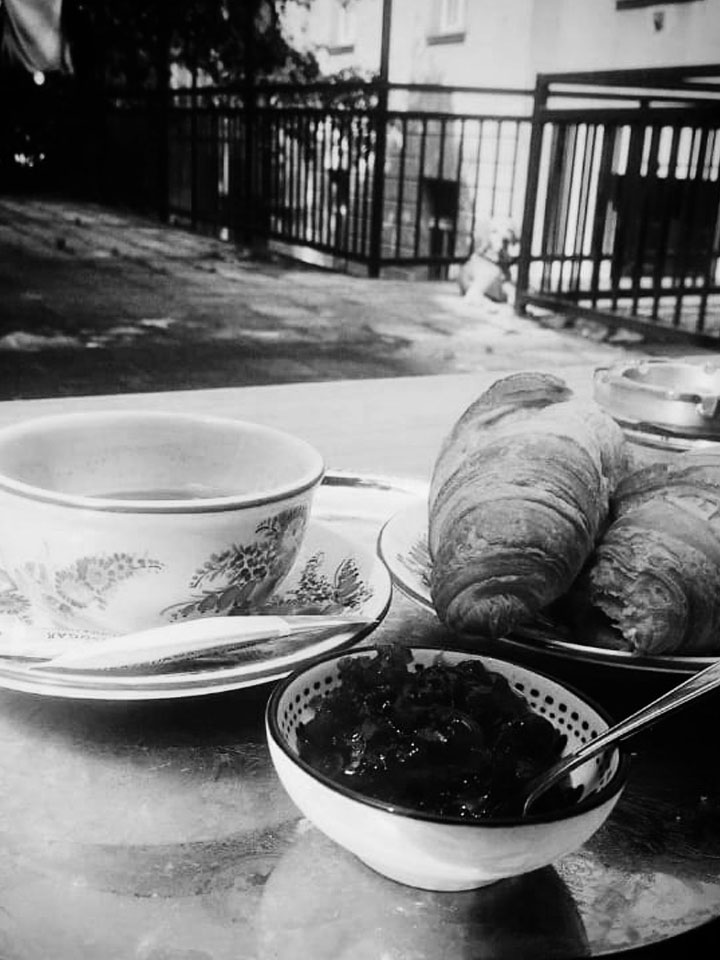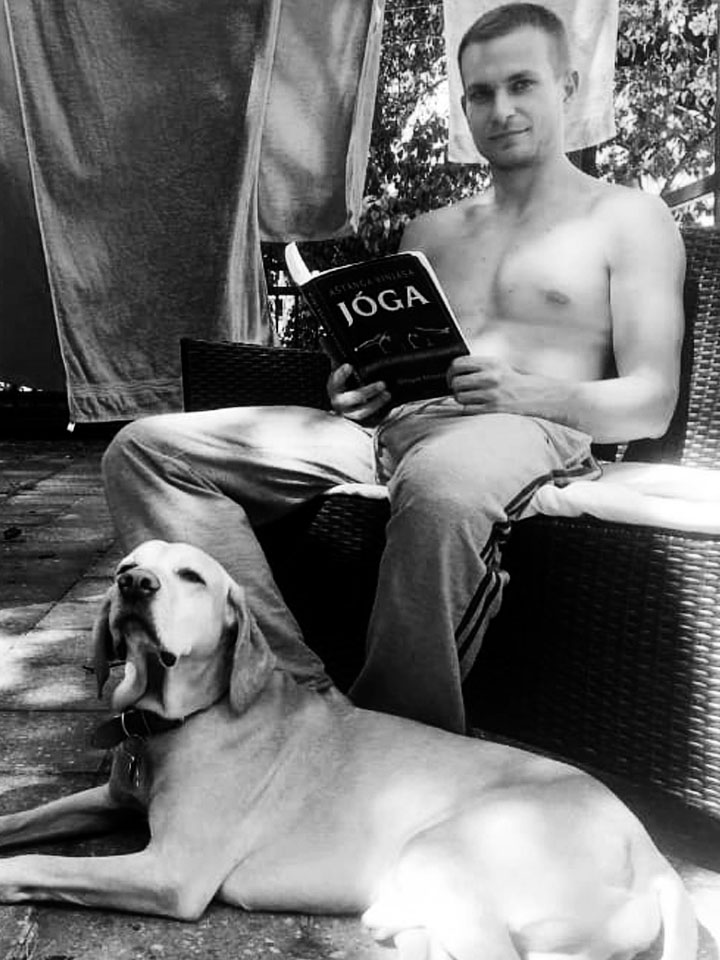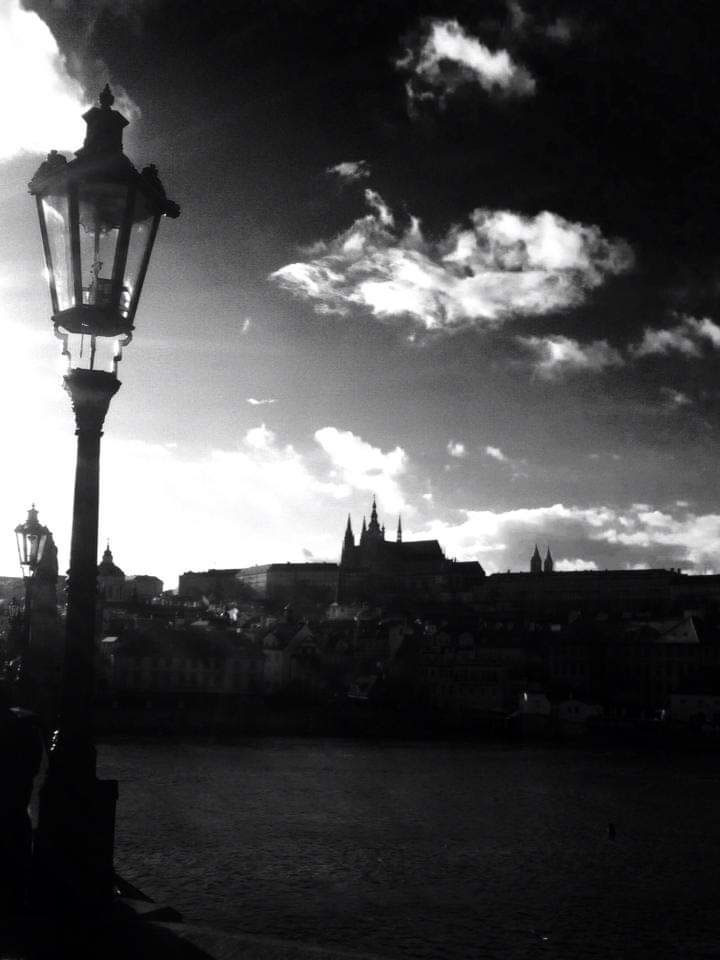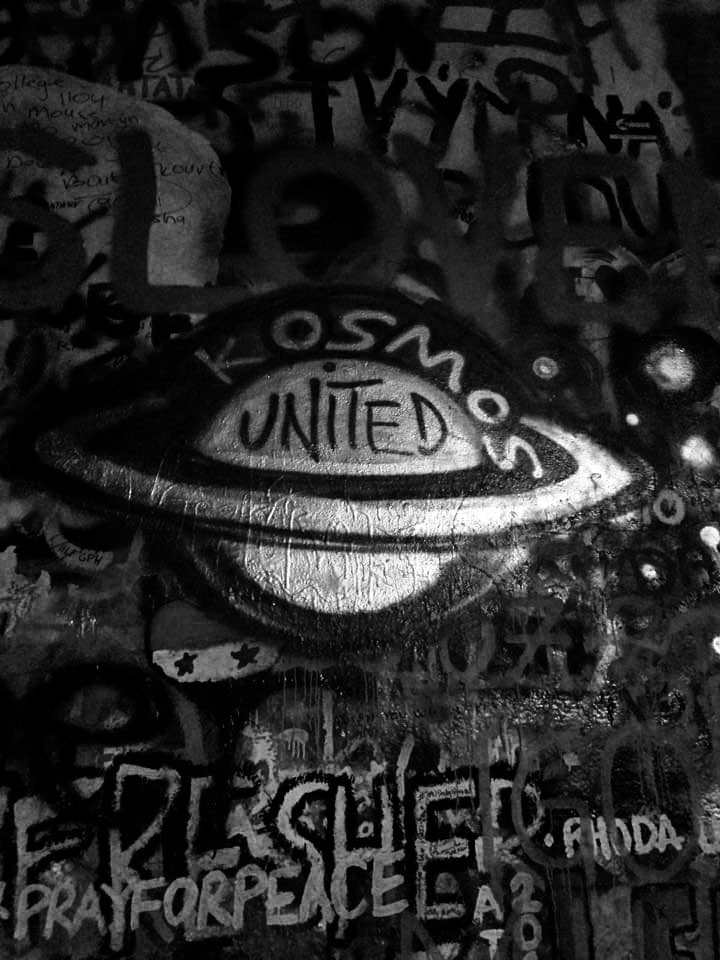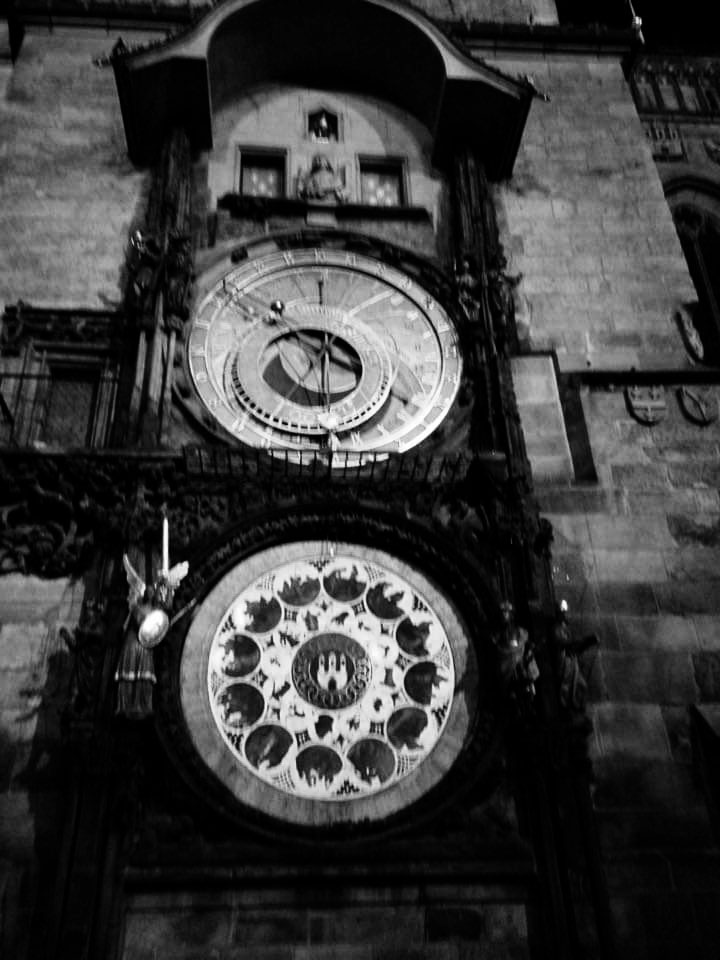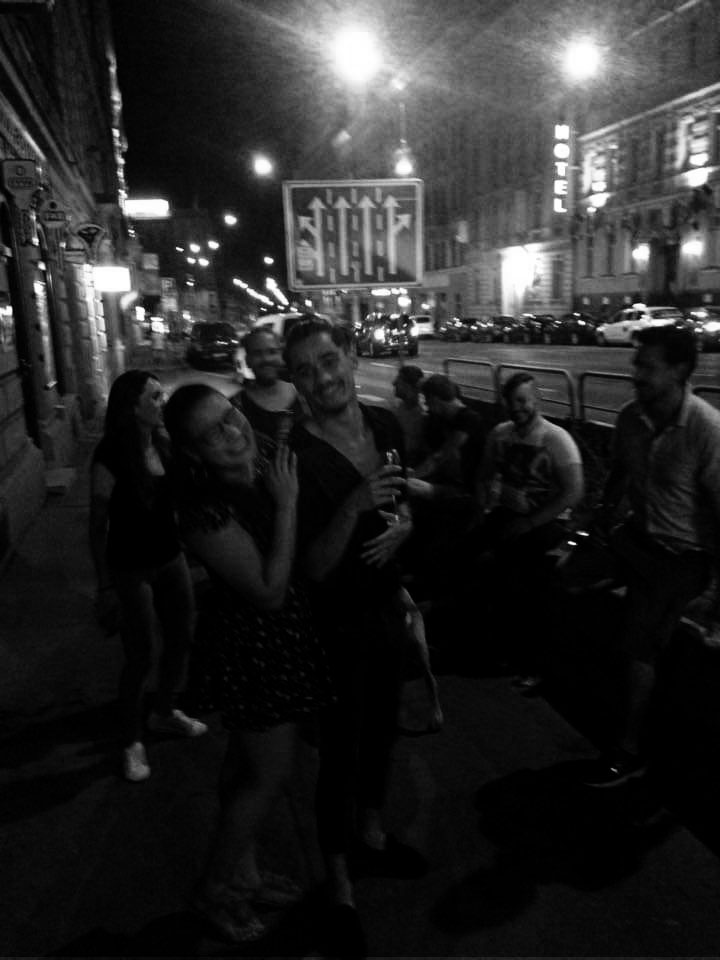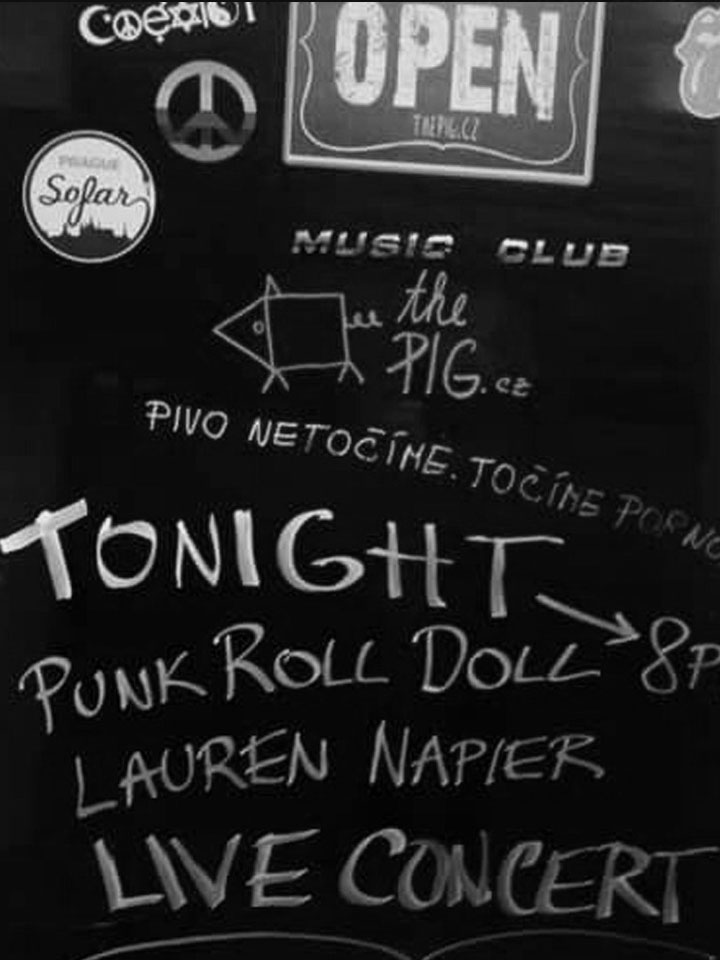Prague
POSTCARDS FROM PRAGUE
Prague feels like a city of unpublished poets, with lovers moving through each other as if in a dream. Yet in reality, their souls will forever remain strangers.
Read More
Even as a metropolis, Prague moves at a slow, boringly safe, blurred pace. Beneath its spires and arches, stories drift like echoes of past regimes—tales of one or two heroes, but mostly of villains and informers, whether for the Nazi Gestapo or the Communist Party.
No, the grotesquely patriotic Czechs never had that Irish boiling blood or a longing for freedom to rise up for anything that truly matters in life. Yes, the Czechs were screaming for a few days when the Russians suddenly appeared with tanks in Prague in 1968. Then they returned to their pubs, drowning their anger in beer. Those who longed for expression of freedom have been persecuted, jailed, or hanged. The win-win scenario for many was escaping from the country between 1948 and 1989, with as many as 550,000 people emigrating during that time, paying the highest price—usually hating the country they once loved.
For sure, I am not objective here at all. I simply couldn't be, even if I tried. I can forgive easily but can never forget the stories I have been surrounded by in America, shared by Czech emigrants about the forced rapes of nuns by priests at gunpoint, psychological abuse of families by the state secret police, and many other dark nuances of humanity. Simply put, I, like many others, have been taught to hate anything Czech, except for the food, the movies by Miloš Forman, and the books by Milan Kundera. The shame of the silence of the past has been replaced in Prague by the glow of fast-food chains, naive Americans seeking a cheaper life in Europe and a bit of unbrainwashing, along with kitschy souvenirs for tourists. But despite everything, beauty here remains both timeless and fleeting, a harmony of dark and light.
I visited Prague to reconnect with the country of my birth. Though it didn’t feel like home, childhood memories surfaced from every corner, with the language and scents stirring something deep. During this time, Denis appeared in my life, looked at one of my paintings, and, with the unapologetic attitude of a gypsy, mystically said, "The person you are here in Prague is not truly you. That painting is you. You must stay and open an artsy bar.''
So I stayed for a few years and called that place The Bourgeois Pig. I would say it was one of the best times of my life so far. And slowly, but surely, I started to love again what I was hating. My birthplace.
